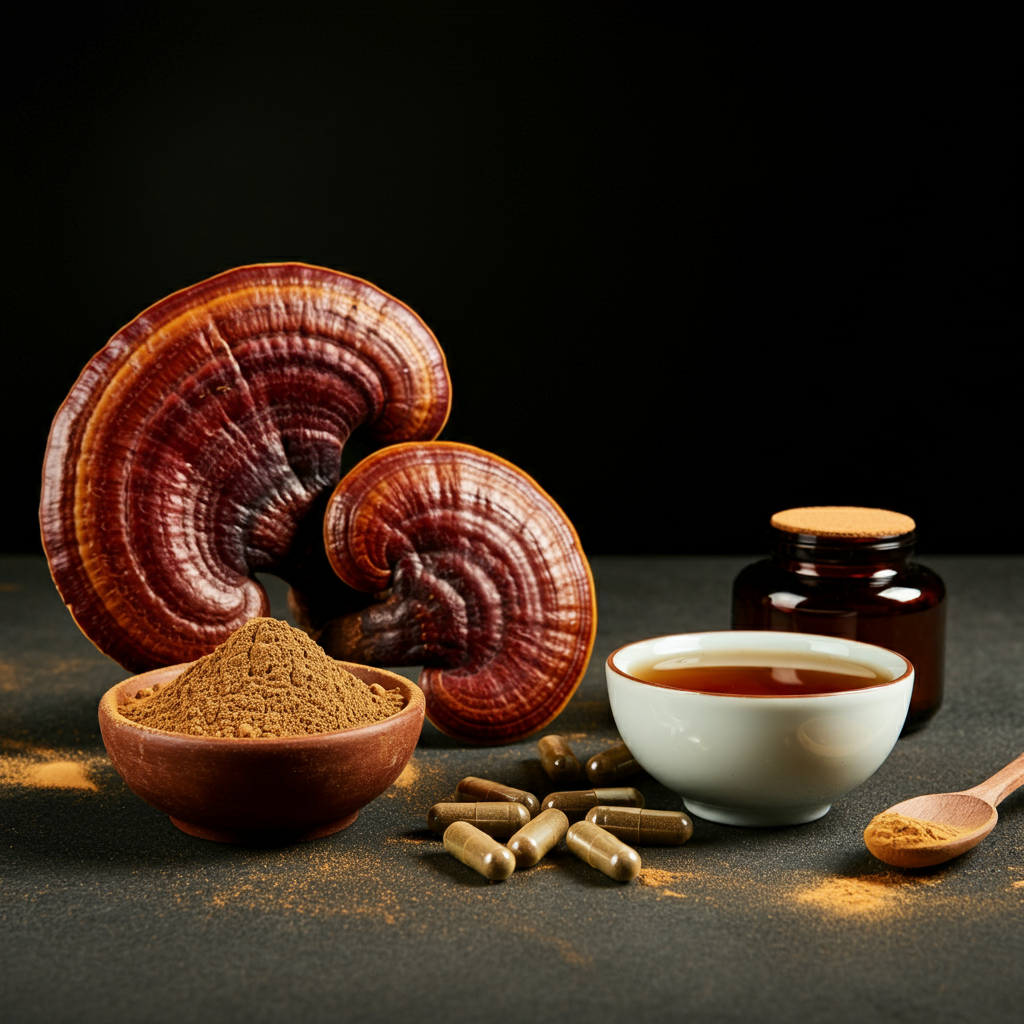The Efficacy and Safety of Cordyceps militaris in Korean Adults Who Have Mild Liver Dysfunction
Authors: Jin Young Heo, Hyun Wook Baik, Hyuk Jung Kim, Jae Min Lee, Hyung Woo Kim, Yong Sun Choi, Jung Ho Won, Hyun Mi Kim, Won Il Park, Chul Young Kim
Journal: Journal of Clinical Nutrition
Study Design: Single center, randomized, double blinded, placebo controlled clinical trial
Participants: 57 Korean adults (28 in the C. militaris group and 29 in the placebo group) aged 20 to 65 years with mild liver dysfunction (alanine aminotransferase levels 1.5 to 3 times the upper limit of normal)
Intervention:
- C. militaris group: 1.5 g/day of C. militaris (2 capsules per dose, twice per day) for 4 weeks
- Placebo group: Same volume of placebo for 4 weeks
Outcome Measures:
- Laboratory tests (white blood cell, hemoglobin, platelet, aspartate aminotransferase, alanine aminotransferase, gamma glutamyltranspeptidase, lactic dehydrogenase, alkaline phosphatase, total bilirubin, blood urea nitrogen, creatinine)
- Liver computed tomography (CT)
- Visual analogue scale (VAS) score for subjective symptoms
- Fatigue severity scale (FSS)
Summary: The study investigated the efficacy and safety of Cordyceps militaris in Korean adults with mild liver dysfunction. The primary outcome measure was the change in Hounsfield units (HU) on liver CT scans, which reflects liver fat content. After 8 weeks of intervention, the C. militaris group showed a statistically significant increase in the mean ratio of change of HU compared to the placebo group (21.43% vs. 9.64%, P=0.0987), suggesting a potential beneficial effect on liver fat accumulation. No significant differences were observed in other laboratory tests, VAS scores, or FSS between the two groups. The study concluded that Cordyceps militaris extract was safe and potentially effective in improving liver function in individuals with mild liver dysfunction.

No responses yet